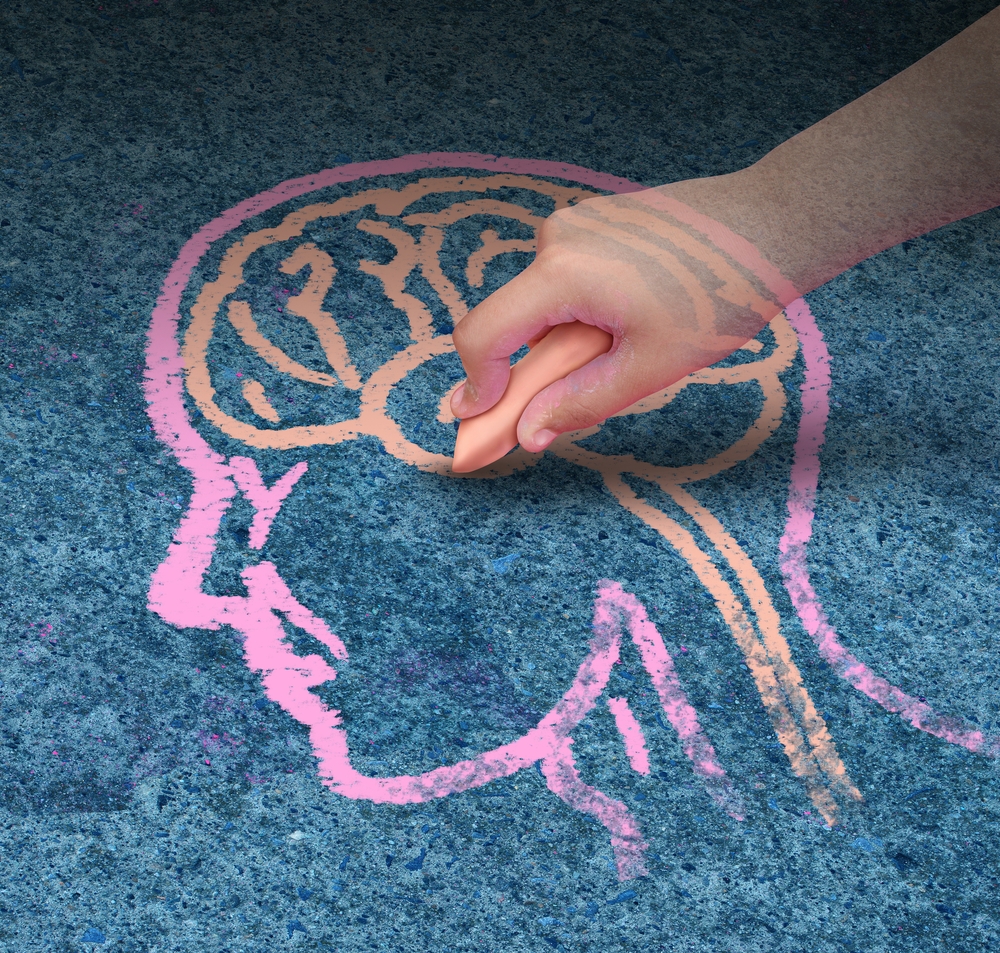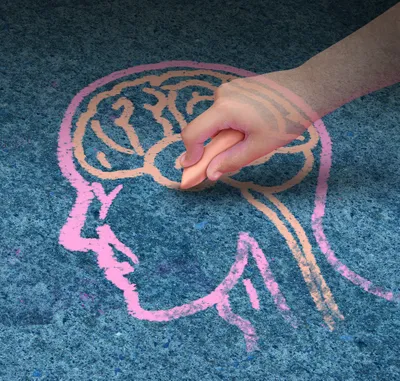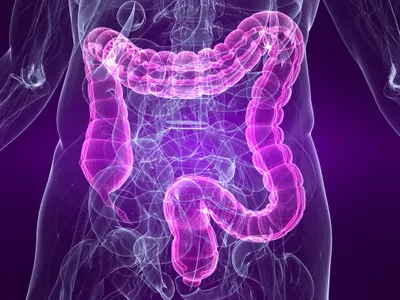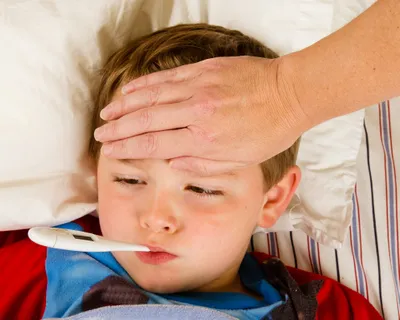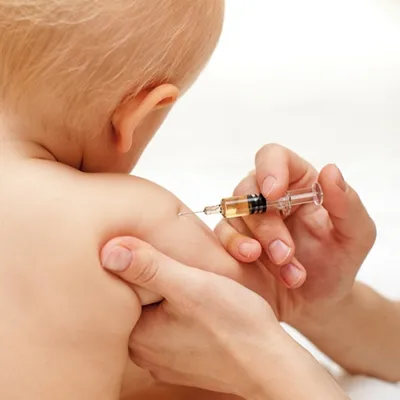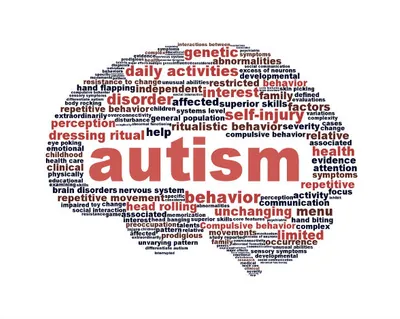Autism is commonly characterized as a mental condition that affects communication and behavior, which is present from an early age. There are several medical theories out there about autism, some more backed by science than others. For example, some celebrities caused a false buzz by stating the condition is caused by vaccines.
While there is no single solid trigger that has been found, some experts believe autism is linked to immune system issues. While autism is often seen as a deficiency, experts are noting how people with autism can actually excel (especially creatively, as noted in regard to actors and artists in this Guardian article). Here are seven medical findings about autism to consider…
1. Autism is Present in Brain Scans
The Autism Society, based in Maryland, notes that autism is more than a behavioral disorder. It actually shows up on brain scans. For this reason, the society says autism is accepted as a brain abnormality.
The size and shape of a child’s brain with autism is notably different from a “neurotypical” child, adds the society. While autism shows up in a scan, there’s still no single cause that has been pinpointed, explains the source.
2. Genetic Links May Exist
The same source notes that there could be a “genetic vulnerability” to developing autism. The Autism Society explains that families where autism is present have a pattern of “related disabilities” that supports the theory that autism has a genetic basis.
The source notes that researchers are scanning for irregular genetic codes in children with autism. However, it does state that people with certain medical conditions (i.e., tuberous sclerosis and congenital rubella syndrome) appear to me at more at risk of developing autism.
3. Higher Risk for Premature Babies
According to the National Institute of Neurological Disorders and Stroke, autism is present in more children born prematurely than on the expected birth date range.
Research has shown that babies born before 37-weeks of pregnancy could have a higher chance of being autistic. That being said, medical professionals can diagnose autism in children younger than 18-months, with a more definite diagnosis at 2-years of age.
4. The Gastrointestinal Link
While there are brain irregularities with those who have autism, other research reveals a possible link to gut bacteria, according to Scientific American. The magazine explains that researchers found that up to 90-percent of autistic people also have gastrointestinal problems, including inflammatory bowel disease.
Another condition of the gut that may be linked to autism is called “leaky gut”, adds the scientific source. It refers to a condition where the intestines are overly permeable, leaking contents into the bloodstream. Scientists are looking at whether gut bacteria could be a driver of autism.
5. The Immunity Dysfunction Clue
With offices across the U.S., Autism Speaks notes that many individuals with autism also display immunity problems. The research cited by Autism Speaks centers on how chemicals that boost immunity cells enter the brain.
The research found that these chemicals are low in babies and toddlers with autism. The conclusion is that there are “important interactions” between brain nerve cells and immunity cells, such as how brain neurons develop and connect to other neurons, according to the article.
6. Vaccines Don’t Cause Autism
Celebrities, including Jenny McCarthy, have boldly stated that vaccinations are the cause of autism, while many other Hollywood figures have become “anti-vaxxers” due to concerns. This has influenced many Americans into avoiding vaccines, which is an unwise move according to the Centers for Disease Control and Prevention (CDC).
The CDC claims studies have proven no link between the two. The specific ingredient studied in vaccines is called thimerosal, which is mercury-based and helps prevent contamination of vaccine vials. The CDC notes that several funded studies show no increased risk to developing autism from thimerosal.
7. Autism Might Not be a Disorder at All
While autism is widely accepted as a social barrier, some experts say it’s not an abnormality– it’s just a different way for the brain to function. This “neurodiversity” theory dictates that people just see the world in different ways, and that autism should be regarded this way.
American science writer, Steve Silberman, is a leader of the recent neurodiversity discussion, according to Maclean’s magazine. Instead of treating autism as a problem and spending money on finding a cure for, Silberman says we should be using resources to improve the quality of life for those with autism.
